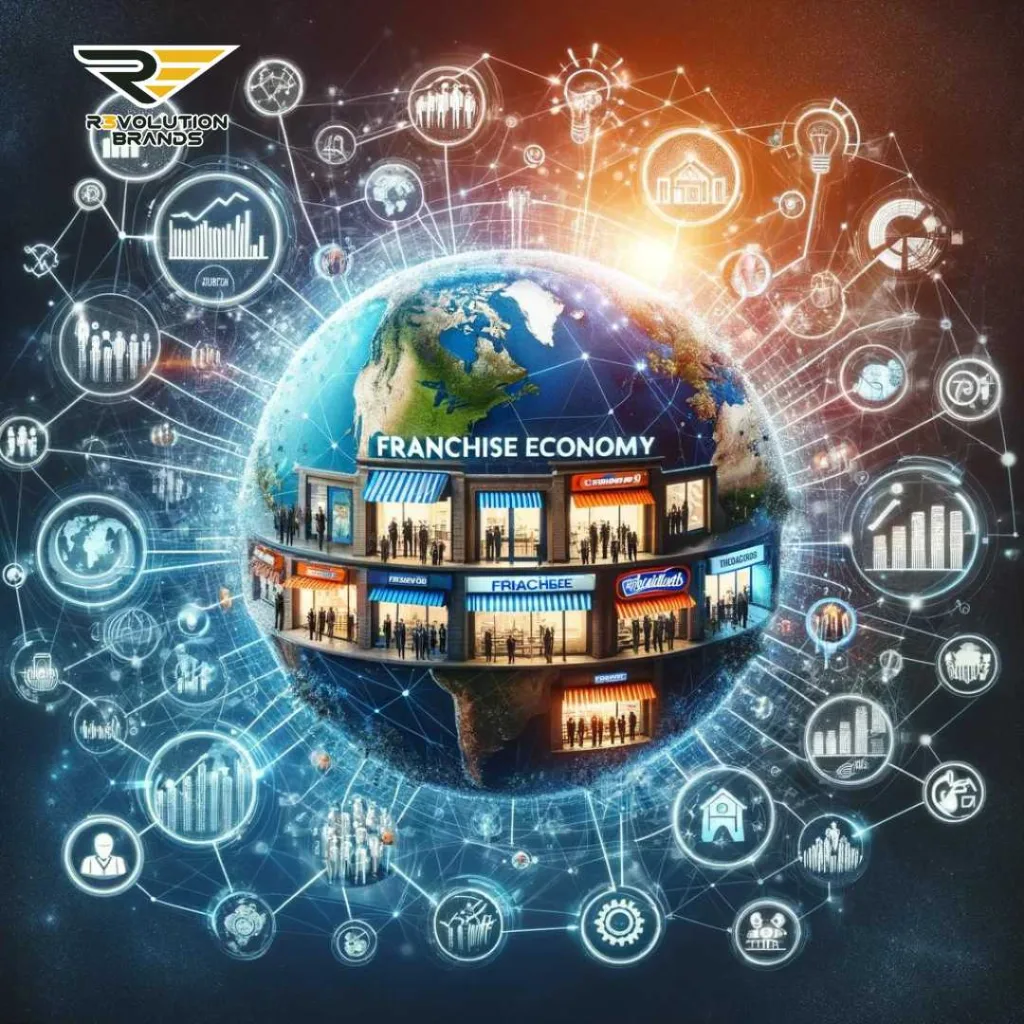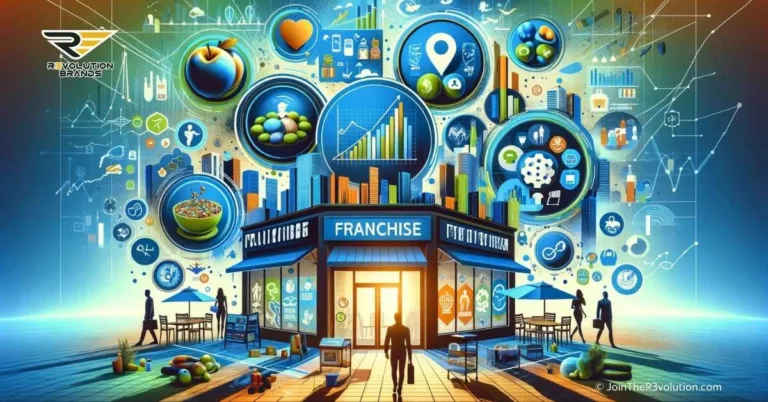In the vast and intricate ballet of modern commerce and entrepreneurial pursuit, one structure perpetually emerges with a unique blend of robustness, scalability, and far-reaching influence: the Franchise Economy.
This broad-spanning ecosystem includes a vast panorama of sectors, encompassing global fast-food juggernauts, to personally attuned service-oriented businesses such as cleaning franchises and personal fitness studios.
But to distill the essence of the Franchise Economy is to understand why it stands resilient against the tides of economic change and incessant technological progress.
The Fundamental Architecture of Franchising
At the foundational level, the Franchise Economy is a business model that allows an individual or entity (the franchisee) to purchase the rights to operate under the auspices of a larger, more established brand entity (the franchisor). This symbiotic relationship unlocks a treasure trove of mutual benefits.
For franchisees, it means obtaining a shortcut to a thoroughly vetted business model replete with a powerful brand image, a suite of marketing resources, and an array of operational wisdom readily available.
For franchisors, it enables brand expansion and market penetration without incurring enormous capital expenditures or managing the minutiae of each unit.

The Stature of Franchising in the Global Economy
The Franchise Economy isn’t a mere backdrop in the theater of global commerce; it’s often front and center, significantly contributing to creating jobs, bolstering economic stability, and expanding consumer choices.
Citing facts from the International Franchise Association (IFA), one can’t ignore the colossal footprint of franchising, which accounts for millions of employment opportunities worldwide and an economic output that stretches into the trillions annually.
The Intricate Weave of the Franchise Fabric
To deeply comprehend the nuances of the Franchise Economy is to appreciate the finely woven threads that compose its tapestry:
Synergistic Franchisor-Franchisee Dynamics:
At the bedrock of the Franchise Economy is the reciprocal and often synergistic rapport between franchisors and franchisees. The franchisor imparts a turnkey business paradigm providing training, marketing acumen, and sustaining assistance.
Meanwhile, franchisees contribute to the grand tapestry by maintaining brand standards and remitting loyalty fees or dues, effectively securing their right to be a part of a larger story.
Branding: The Touchstone of Trust
A chief allure of stepping into a franchise is the enrollment in an already beloved brand narrative. The ubiquitous emblems of global franchises offer not just market presence but a trusted covenant with consumers.
Such brand loyalty is a lighthouse guiding the journey to enduring enterprise success.
The Scalable Empire:
With its franchisees as the vanguards at the local level, franchising propels growth that is both far-reaching and sustainable.
It’s a testament to how intrepid expansiveness need not always be hinged on direct investment or oversight — franchisors can deftly navigate new terrains by harnessing the entrepreneurial spirit and local insights of their franchisees.
Innovation — Adapt or Perish:
Yet, a successful franchise system does not rest on its laurels. The quicksilver nature of modern business dictates a perpetual state of evolution — from embracing nascent technologies and adjusting to changing consumer behaviors, to environmental stewardship.
Franchisees impart ground-level intelligence, acting as critical conduits for adaptation and refinement.
The Legal Scaffold:
Beneath the sinews of the Franchise Economy lies an often complex legal stratum.
Adherence to franchise disclosure laws, safeguarding intellectual property, and respecting the intricate dance of contractual obligations constitute this framework — a protective bulwark for the integrity of the franchisor and the network at large.
Social Conscience and Community Synergy:
Beyond fiscal success, franchises wade into the broader rivers of community impact.
Dynamic social responsibility charters, environmental pursuits, and philanthropy underscore the principle that franchises can, and should, rise as pillars within their communities, laying foundations for social engagement that resonate beyond mere commerce.
Facing an array of opportunities and challenges, the Franchise Economy is at the crossroads of shifting trends — from the digital revolution redefining occupations to evolving legislative landscapes. It’s the inherent adaptability, ingenuity, and innovations within the franchising model that position it to continue its role as a formidable player in global economic narratives.
A Salute to the Franchise Journey
In sum, the Franchise Economy offers a complex but navigable voyage for those wielding entrepreneurial ambitions, for established entities desiring amplification, and for customers demanding diversity and quality. It invites an informed appreciation of its structure, an embrace of its potential, and a commitment to the journey ahead.
For those who choose to explore this vibrant avenue, the Franchise Economy extends an invitation to a world brimming with the promise of growth, impact, and boundless success.





